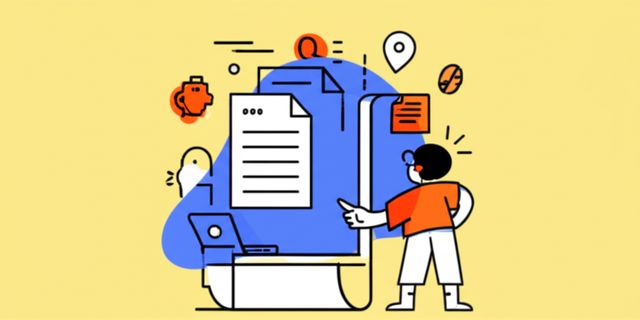Document Creation
Document creation refers to the process of composing and organizing information into a structured document, such as a report, letter, or presentation. Understanding document creation can be valuable for students, researchers, and professionals in various fields.
Benefits of Learning Document Creation
There are several benefits to learning document creation, including:
- Improved communication skills: Documents are a common form of communication in both personal and professional settings. By understanding how to create effective documents, you can communicate your ideas and information clearly and persuasively.
- Enhanced productivity: Well-organized and visually appealing documents can significantly improve productivity. They allow you to quickly and easily convey complex information, making it easier for readers to understand and act on.
- Increased efficiency: Document creation tools and techniques can streamline the creation process, saving time and reducing errors.
- Improved career prospects: In today's digital world, document creation skills are essential for many jobs. Mastering these skills can make you a more competitive candidate in the job market.
How to Learn Document Creation
There are various ways to learn document creation, including:
- Online courses: Online courses provide a convenient and flexible way to learn document creation skills. Platforms like Coursera, edX, and Udemy offer a wide range of courses for beginners to advanced users.
- Books and tutorials: Reading books and tutorials can provide comprehensive information on document creation principles and techniques.
- Software training: Software providers often offer training programs to help users learn and master their document creation software.
- Workshops and seminars: Workshops and seminars can provide hands-on experience and personalized guidance from experts.
When choosing a learning method, consider your learning style, time constraints, and budget. Online courses offer flexibility and accessibility, while books and tutorials provide in-depth knowledge. Software training and workshops can provide a more structured and personalized learning experience.
Tools and Software for Document Creation
Several tools and software are available for document creation, including:
- Microsoft Word: A widely used word processing software suitable for creating various types of documents.
- Google Docs: A free, cloud-based word processor that allows for collaboration and real-time editing.
- Apple Pages: A word processing software designed specifically for Mac users.
- LaTeX: A document preparation system that is popular in academia and technical fields.
- LibreOffice Writer: A free and open-source alternative to Microsoft Word.
The choice of software depends on your specific needs, preferences, and budget.
Document Creation Projects
To enhance your understanding of document creation, consider working on projects such as:
- Creating a resume and cover letter: This project will help you develop essential document creation skills for career development.
- Writing a research paper: This project will require you to organize and present information in a structured and persuasive manner.
- Creating a business plan: This project will involve developing a comprehensive document that outlines a business idea and its implementation strategy.
- Designing a presentation: This project will allow you to apply your document creation skills to create visually appealing and informative presentations.
These projects provide opportunities to practice different aspects of document creation and improve your overall proficiency.
Personality Traits and Interests for Document Creation
Individuals who enjoy creating and organizing information, have a strong attention to detail, and are comfortable with technology may find document creation a suitable pursuit. They should also have a keen interest in communicating effectively through written documents.
Conclusion
Understanding document creation empowers individuals to effectively communicate, enhance productivity, and navigate the digital world. Whether for personal use, academic pursuits, or professional development, learning document creation skills can bring numerous benefits. Online courses provide a convenient and accessible way to acquire these skills, while hands-on projects and continuous practice can deepen your understanding and expertise.


